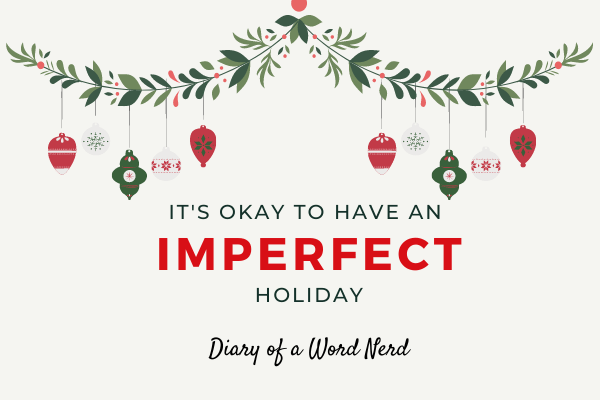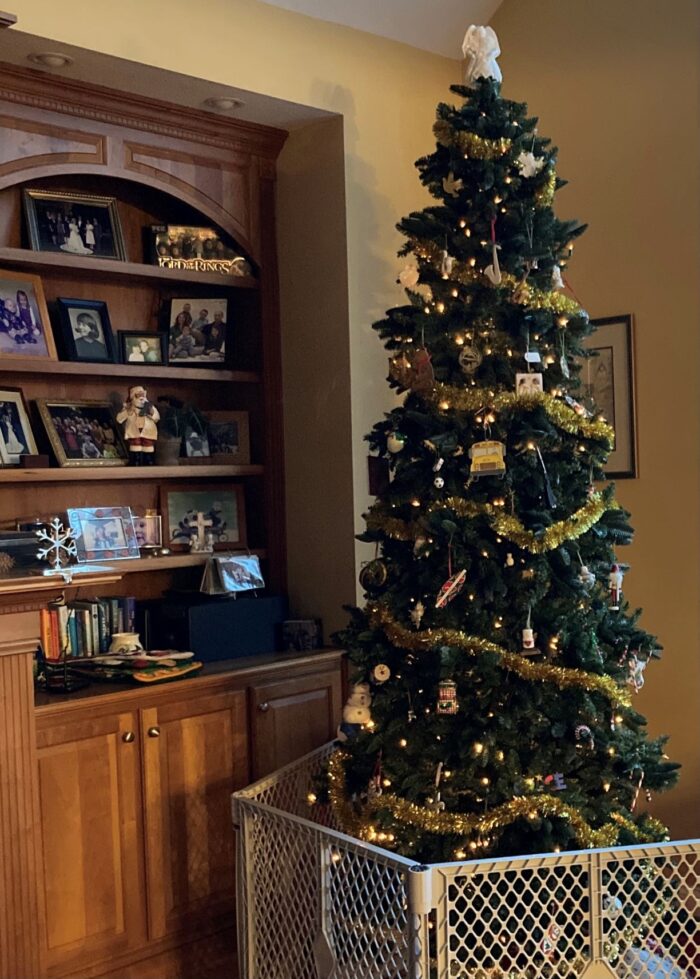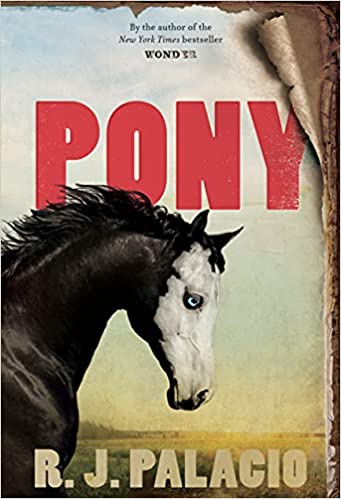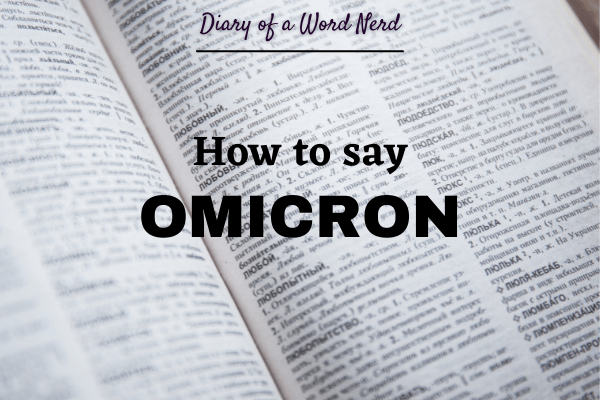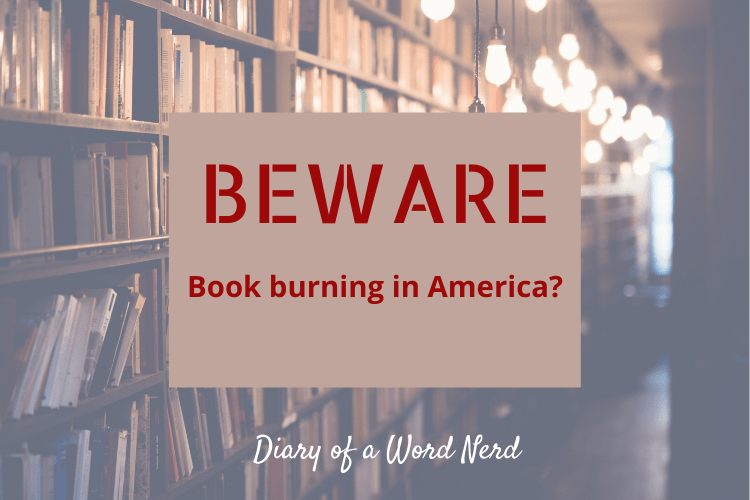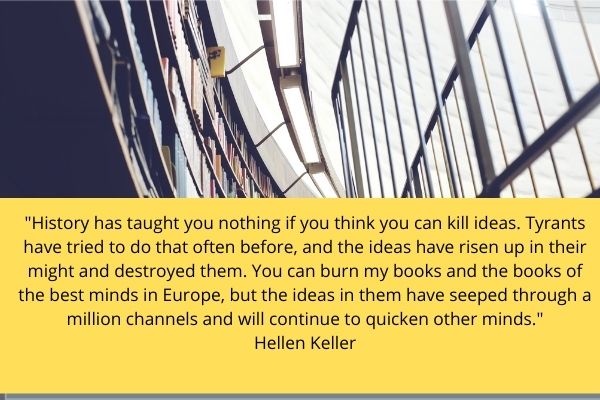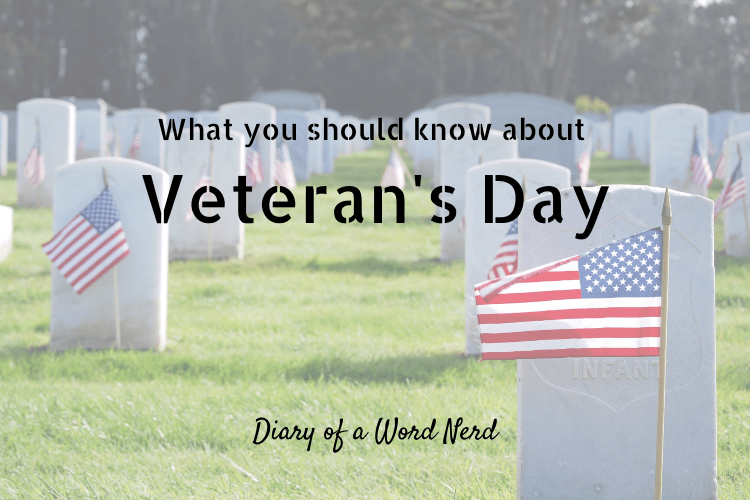I admit it, I’m a bit of a Scrooge. The holidays usually cause me more stress than joy, and I’ve been known to get cranky while wrapping. However, this year, I have a new December mantra:

Commercials, social media ads, and, quite frankly, the posts of our friends and loved ones, make us feel like our hearth should also have perfectly twinkling lights with fresh green garland winding between them.
However, at my house, we’ve had our fair share of burned out light strands, a left leaning Christmas tree, and stacks of junk mail sitting next to Nativity Scenes. Currently, our tree is protected by a 2 foot tall plastic doggie fence to keep our exuberant and curious puppy from taste testing the ornaments. Not the stuff of HGTV, but definitely the Tomiak reality right now. I could give hundreds of personal examples of holiday imperfection, but to keep this piece short, let’s focus on what’s really important to me and my family: food. So here we will examine culinary mishaps.
Every year at Thanksgiving and Christmas, our family makes Cherry Cheese Pie, a dessert my husband apparently loved as a child. His mother has passed down the recipe, a delectable concoction of graham cracker crust, fluffy white “goo”, and cherry pie filling (with vanilla and almond extract mixed in). We make the goo from Dream Whip, powdered sugar, and cream cheese. You’re getting the idea now.
Also every year, we manage to mess up this basic recipe. (I mean, you don’t even bake the pie! Just the crust for 8 minutes). One year, we used too many graham cracker crumbs, and the crust crumbled at serving. Another time, I forgot to put the powdered sugar in the “goo”, so it was disappointingly NOT sweet. This year, my daughter whipped up the best goo I’ve ever tasted, but she put so much in the pie crust, when she poured the cherry filling on top, the sticky garnet cherries and their syrup cascaded over the side of the pie dish and onto the counter. This made for a somewhat unattractive pie (no clean white goo border around the cherries) and complicated storage.
Cooking mishaps aren’t limited to cherry pie in my family. One Christmas, my mom attempted to make a grasshopper pie totally from scratch. She put Oreo cookies in the blender to crush for the chocolate crust, but sadly forgot to put the lid on the blender before hitting the power button. I was too young when this happened to remember the incident, but family lore says cookie crumbs flew throughout the kitchen and were still found weeks later. (Luckily, my current blender will not start unless the lid is on.)
My friend Rohna humbly shared some of her cooking catastrophes with me. Like the time she was pulling the aluminum foil pan of green bean casserole out of the oven. The pan had gotten flimsy with cooking, and the green beans and their sauce ended up all over the door of the oven and, unfortunately, in its hinges. Or when her mother dropped a glass dish of stuffing onto the floor.
My guess is you could add your own story, and I’d love to hear it. I’d also like to remind you that culinary disasters don’t matter. Life isn’t perfect, and anyone telling you otherwise is trying to sell something. My late father liked to say, “It all goes to the same stomach.” He said that when I complained about food on my dinner plate, but I’d like to repurpose the phrase here: No matter what the food we choose to make for our friends and loved ones looks like or tastes like, or even if you don’t get to eat it at all (no dressing with glass shards for me, thanks), the effort and love that go into creating the dish matter more than the final product. The time spent together matters more than cherry tinted goo.
So bring out your lopsided cakes and flat cookies, the smeared frosting and the burnt edges. We shouldn’t let stress or pie crust steal our joy this holiday season. As my pastor, Lon Tobin, said wisely last Sunday, “The first Christmas wasn’t perfect, and we shouldn’t expect ours to be either.”
Rejoice in the imperfections.
Tell me about YOUR culinary disasters in the comments. 🙂
Thanks for getting nerdy with me!




